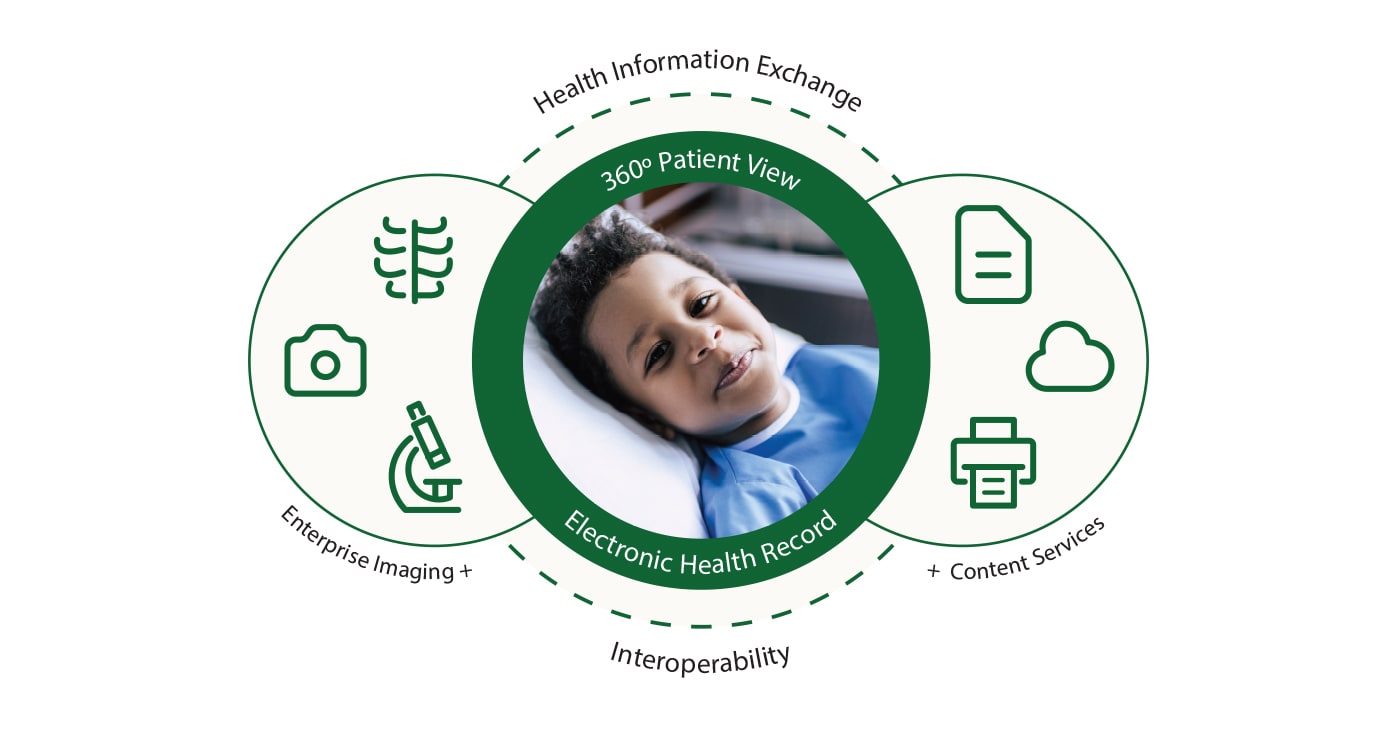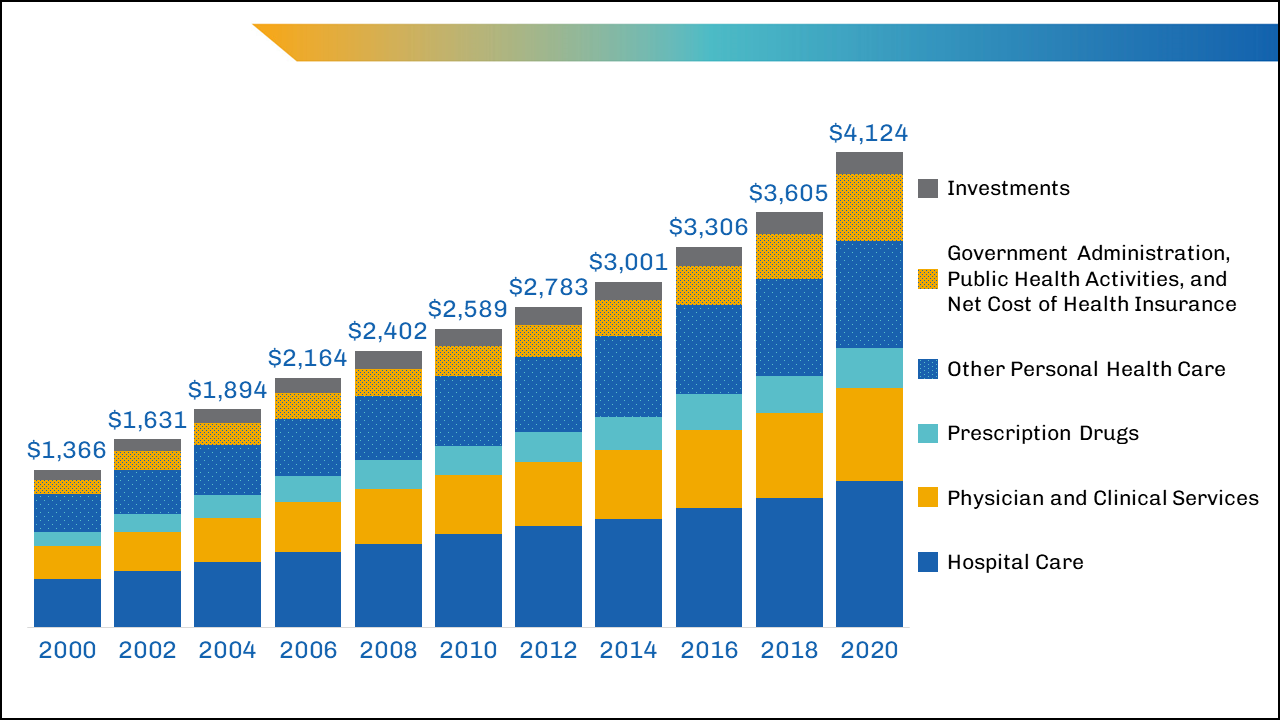Why Healthcare RCM is Essential for Financial Health in Medical Practices
Why Healthcare RCM is Essential for Financial Health in Medical Practices
Blog Article
A Comprehensive Overview on How Healthcare RCM Functions to Streamline Payment and Collections
Browsing the intricacies of healthcare earnings cycle monitoring (RCM) is essential for service providers aiming to enhance their invoicing and collections processes. The guide unloads the complexities of RCM, from individual enrollment to balance dues administration, supplying insights into enhancing each step. Incorporating innovative innovation and standard procedures can significantly decrease case denials and speed up payment cycles. Yet, the true challenge lies in seamlessly merging these components to increase cash flow. As we explore the core parts and techniques that drive performance, one inquiry continues to be: exactly how can medical care entities best position themselves to thrive economically in an ever-evolving sector?
Comprehending Earnings Cycle Monitoring
Understanding the complexities of Profits Cycle Monitoring (RCM) is important for health care organizations aiming to optimize their monetary performance. RCM is a crucial management function that includes the entire economic process of client treatment, from the first appointment readying to the last settlement of the balance. It is a complicated treatment created to identify, collect, and manage the revenue from the services supplied to individuals. Reliable RCM guarantees that doctor receive exact and timely payments, lessening the risk of earnings loss and improving capital.
The RCM procedure begins when an individual schedules a consultation and extends via the client's treatment journey, including billing and collections. An essential goal is to decrease the time between getting and giving a solution repayment, thus improving the organization's monetary wellness. RCM involves numerous functions such as client enrollment, insurance coverage verification, cost capture, coding, asserts submission, settlement uploading, and dealing with charms and denials.
Secret Elements of RCM
In the realm of Income Cycle Management (RCM), understanding its essential elements is basic to attaining economic performance within medical care organizations. RCM is a thorough process that includes various phases, each essential to making certain reliable payment and collections. The main components include individual registration, insurance coverage confirmation, cost capture, coding, case entry, settlement publishing, and balance due administration.


When coded, claims are sent to payers, where accuracy is extremely important to avoid denials or hold-ups - Healthcare RCM. Payment posting includes tape-recording the obtained repayments, which enables the reconciliation of accounts. Lastly, receivables monitoring focuses on tracking and attending to overdue claims, making certain timely follow-up and resolution
Each part of RCM is interconnected, and inefficiencies in any part can disrupt the whole cycle. Therefore, understanding these elements is vital for doctor to maximize revenue and enhance their monetary wellness.
Approaches for Reliable Billing

Standardizing payment treatments throughout the company is one more vital method. Establishing clear guidelines for documentation, coding, and submission aids maintain uniformity and compliance with regulative needs. Educating team regularly on these treatments guarantees every person is current with the most up to date changes in payment codes and payer plans.
Exact fee capture is necessary in protecting against earnings leakage. Executing regular audits and tracking systems enables the identification and modification of disparities before they impact earnings. In addition, maintaining open lines of communication with payers aids to rapidly solve any type of disputes or misunderstandings that might emerge.

Lastly, appealing people early in the billing process by giving clear estimates and instructional products concerning their financial obligations can substantially decrease complication and improve repayment timeliness. These methods collectively add to an extra monetarily healthy and efficient invoicing system.
Enhancing Collections Procedures
Given the intricacies of medical check out this site billing and the range of payer needs, improving the collections process involves applying tactical measures that ensure accurate and timely repayment of solutions made. Automation devices can help in tracking case statuses, sending out timely tips to clients, and managing rejections a lot more efficiently.
Training team to comprehend the nuances of insurance policy plans and billing codes is similarly important. This expertise empowers them to address payment disparities rapidly and connect successfully with clients regarding their financial duties. Furthermore, clear and clear person interactions are critical. Giving in-depth explanations of charges and supplying adaptable layaway plan can boost individual fulfillment and timely payments.
Routine audits of the collections procedure ought to be conducted to recognize locations for enhancement and make sure compliance with guidelines. By assessing information, healthcare companies can identify patterns, prepare for potential issues, and adapt methods appropriately (Healthcare RCM). Inevitably, a well-enhanced collections procedure not only supports monetary health however likewise adds to a much more smooth experience for people and team alike
Optimizing Income Streams
Building upon the foundation of a strong collections procedure, healthcare organizations can better strengthen their monetary stability by purposefully enhancing revenue streams. This includes a multi-faceted approach, starting with a comprehensive analysis of existing profits sources to recognize inadequacies and areas for growth. Using advanced information analytics devices enables companies to obtain insights right into payer mix, patient demographics, and service utilization patterns, permitting data-driven choices that improve profits capture.
Executing automated payment systems can dramatically minimize mistakes and quicken insurance claims processing, ensuring that income is collected more effectively. Additionally, enhancing payer contracts through routine negotiations can improve compensation prices and terms, straight affecting the lower line. Diversifying solution offerings, such as including telehealth or health programs, can likewise attract a more comprehensive client base, hence increasing income potential.
An additional critical element is improving person interaction and complete satisfaction, as completely satisfied clients are extra most likely to abide by therapy plans and make timely payments. Providing flexible payment alternatives and transparent invoicing practices can improve collections and foster person commitment. Healthcare RCM. By adopting these strategies, medical care organizations can create a much more resistant monetary structure, ensuring sustained growth and stability in an ever-changing industry landscape
Verdict
In final thought, healthcare Income Cycle Monitoring (RCM) plays a crucial role in enhancing invoicing and collections procedures by integrating essential components such as patient enrollment, insurance coverage verification, charge capture, coding, asserts entry, and accounts receivable management. By utilizing sophisticated technology, standardizing procedures, and fostering individual involvement, medical care providers can significantly decrease insurance claim denials, speed up settlement cycles, and boost cash circulation. This extensive method to RCM eventually leads to enhanced monetary performance and sustainability for medical care organizations.
The RCM process begins when a patient timetables a visit and prolongs through the person's treatment click site trip, including invoicing and collections.Another critical component is boosting client engagement and fulfillment, as satisfied people are extra most likely to adhere to therapy plans and make timely settlements. Providing adaptable payment choices and transparent payment techniques can improve collections and foster client loyalty.In conclusion, healthcare Profits Cycle Management (RCM) plays an essential role in enhancing billing and collections processes by integrating crucial elements such as client registration, insurance confirmation, fee capture, coding, declares submission, and accounts receivable management. By employing visit site innovative modern technology, systematizing treatments, and promoting patient involvement, medical care carriers can dramatically minimize claim denials, increase repayment cycles, and enhance cash money circulation.
Report this page